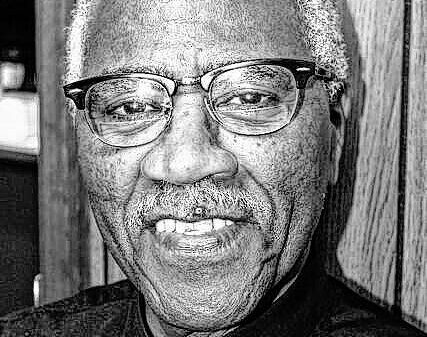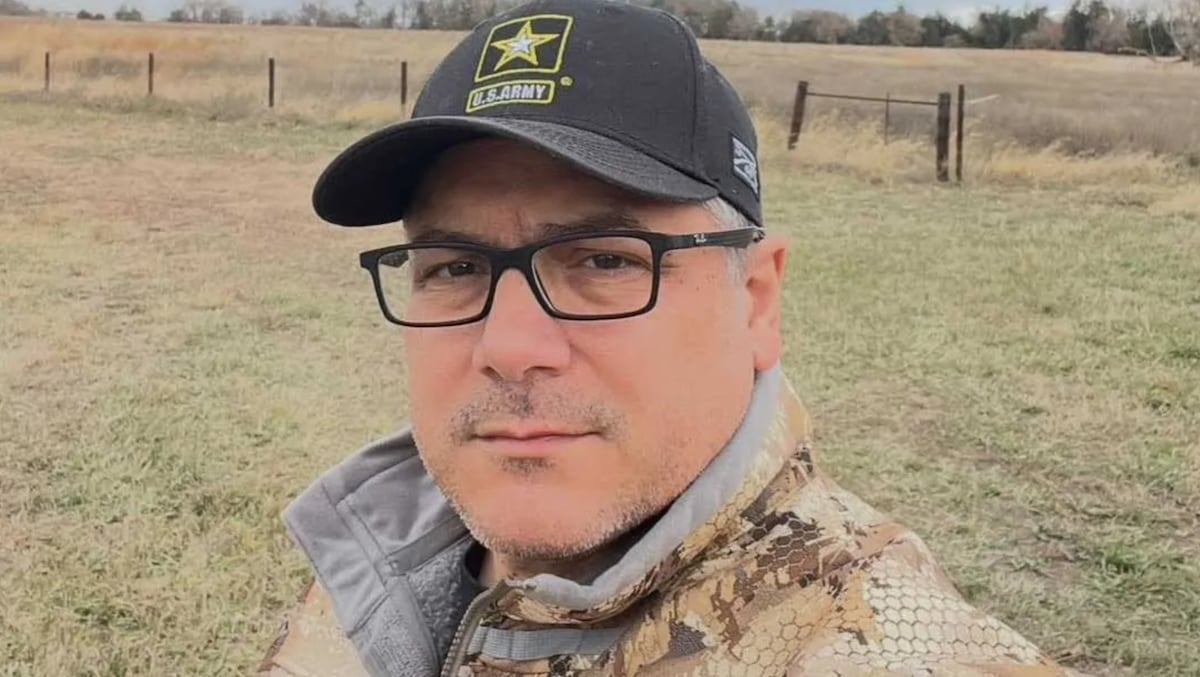A significant recruiting scandal has had devastating consequences for numerous soldiers, including Luis Visalden, a former Army intelligence officer. Between 2012 and 2017, thousands of service members faced scrutiny due to a fraud investigation linked to bonus payments for recruiting new members into the National Guard and Army Reserves. This investigation, which has since been criticized for its execution, has left many veterans with lasting scars on their personal and professional lives.
The Army Criminal Investigation Division (CID) launched the probe in 2012 following allegations of fraud within two military recruiting programs: the Guard Recruiting Assistance Program (G-RAP) and the Army Reserve Recruiting Assistance Program (AR-RAP). These programs compensated soldiers for successfully recruiting new members. The investigation, described as a “fiasco” by Jeffrey Addicott, director of the Warrior Defense Project at St. Mary’s University School of Law, ultimately cost the Army approximately $28 million while uncovering only around $2.5 million in fraud.
Visalden’s experience in this scandal highlights the severe repercussions of being subjected to a military investigation, known as “titling.” Although he was never convicted or arrested, the mere fact of being under investigation resulted in a permanent black mark that surfaced in civilian criminal background checks. “I got treated like garbage after doing everything good for God and country,” Visalden stated, reflecting the emotional toll of being labeled a potential criminal.
After returning from his deployment in Iraq, Visalden participated in recruiting programs, where he earned nearly $14,000 in bonuses. However, the announcement of his investigation led to an other-than-honorable discharge in June 2015. He faced immediate repercussions in his civilian life, losing a job after someone disclosed his recruiting fraud allegations to his employer. The stress surrounding these events strained his marriage and led to his eventual divorce, resulting in a fractured relationship with his children.
In November 2022, Visalden received a certified letter from the Army CID declaring the charges against him unfounded. His legal representative, Doug O’Connell, helped him achieve an upgrade to an honorable discharge, restoring his previous rank. Despite this vindication, Visalden expressed frustration at the years lost to the stigma of being titled. “What’s that mean to me?” he questioned, highlighting the emotional and financial toll the investigation took on his life.
The impact of the scandal extends beyond Visalden. Army Lieutenant Lee Hughes, who also faced accusations of fraud, experienced a $60,000 pay cut and incurred significant legal costs. Cleared of all charges in 2022, Hughes described how the allegations left him feeling like an outcast, stating, “Nobody wants to be around the guy that’s got the pending charges.”
As the Army continues to address the fallout from this investigation, it has reopened nearly a thousand cases, acknowledging shortcomings in the CID’s handling of the situations. Gregory Ford, former director of the U.S. Army Criminal Division, admitted that the CID “fell short in a large number of these investigations.” This acknowledgment raises questions about the integrity of the military justice system and its treatment of veterans.
The emotional and psychological impact on those affected is profound. Visalden, who suffers from PTSD linked to his combat experience, noted that the stress from the investigation exacerbated his condition. He now grapples with physical symptoms, such as headaches and dental issues, stemming from years of anxiety.
Despite having rebuilt parts of his life—finding a new job, moving to Cookeville, Tennessee, and starting a new relationship—Visalden continues to cope with the repercussions of the scandal. “I walk around with a broken relationship with my children, partly because of this,” he reflected, wishing for a different outcome.
This scandal serves as a powerful reminder of the lasting consequences that military investigations can have on service members and their families. As the Army works to rectify past mistakes, the stories of veterans like Visalden and Hughes highlight the need for a more compassionate and just approach to military allegations.








































































